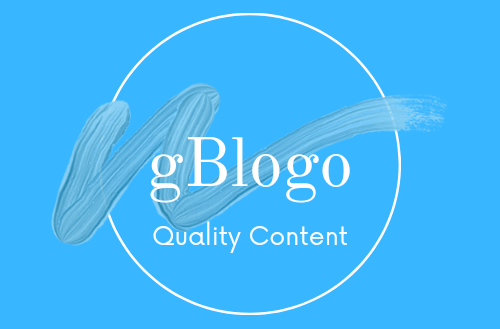In order to acquire your dream house or land, you might need to take out a large loan. A mortgage is a sizeable loan taken out to cover the purchase of a property or land.
This loan is typically for 25 years but it can be over a lesser period. It is repaid with interest, in monthly installments, until the entire mortgage is paid off. The lender will secure the debt against the property or land. A default in payment can result in repossession and subsequent forced sell of the property, by the lender, to recover the debt. One of the advantages of a mortgage is you are permitted to overpay by as much as 10% of the outstanding loan each year. This means, you can pay off the loan quicker without the fear of penalties and extra charges.
Types of mortgages
A variable rate mortgage is one where your repayment amount will differ each month. This is because the interest rate applied to the loan tracks Bank of England’s base interest rate. Therefore, your monthly payments will increase or decrease accordingly. This is a good option if you feel interest rates will be decreasing below the fixed rate currently offered by your lender. However, the up-and-down nature of the monthly installments tends to put off some borrowers.
A fixed rate mortgage is the most popular option as your interest rate is set from the start and lasts for a period of six month to five years. Your monthly installments stay the same for the duration of this term. However, at the end of the fixed term, your mortgage will automatically move to a variable rate. At this point, you have the option of re-fixing it or leaving it to float on a variable rate.
Repayment options
Interest-only mortgage allows you to pay the interest element of the loan, as your monthly payment, for some time. This can be ideal if you are short on money or need to divert your income elsewhere. However, you need to keep in mind that you will be paying more interest in the long term, as the principal loan is not reducing while you are on interest-only.
Repayment mortgage is where your monthly payment pays off both the interest and the principal loan. Interest is charged on the reducing balance of the principal loan. Therefore, as you are getting closer to the end of your mortgage term, more of your monthly payment will be going towards paying off the principal loan. Unlike interest-only, repayment mortgage will guarantee you will clear both the loan and interest by the end of the mortgage term.
Other structures
An offset mortgage is one where you link your savings account to your mortgage account, with the same lender. The total sum of your savings account is used to reduce the value of your debt, which interest is charged on. The actual money in your savings is not used to reduce your debt. Instead, its value is offset against the outstanding loan. Linking various savings accounts to your mortgage account will result in overall reduction in interest payable. Since you are paying less interest, you will become mortgage-free a lot sooner.

Haley Hayward is an experienced writer at gblogo.com, where she’s credited with more than 200 articles covering everything from entrepreneurial stories to mental health at work.
She also oversees the Comment&Questions, which poses important admission questions to experts in the field, and regularly hosts webinars on various aspects of the business school experience.
Prior to joining gblogo.com, Haley honed her skills as a freelance writer, tackling a wide array of topics from petcare to car maintenance.
Haley holds a Master’s degree in English Literature from the University of Edinburgh, Scotland.





